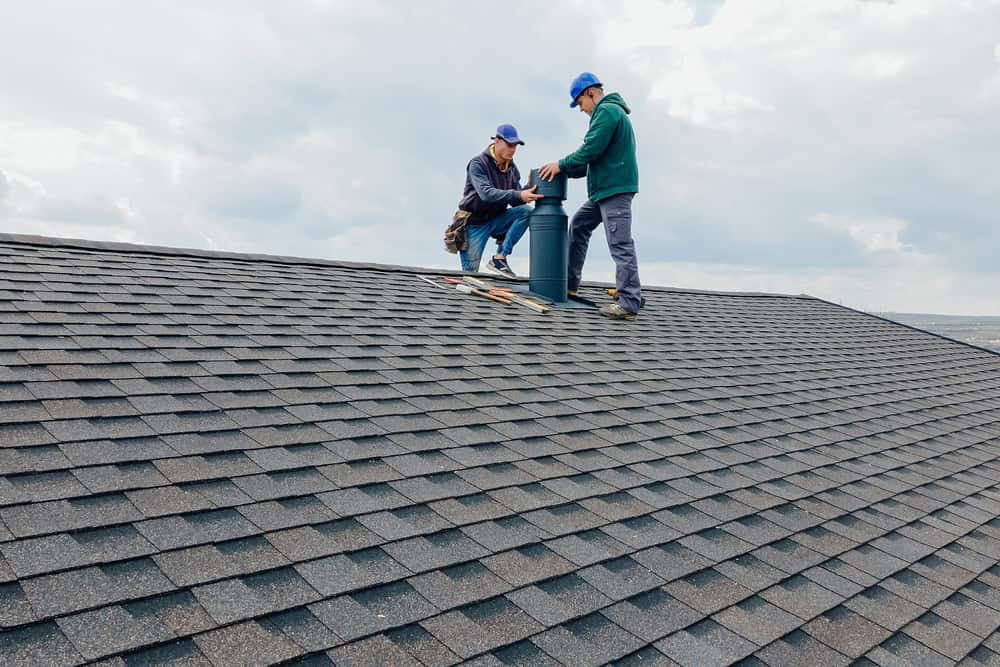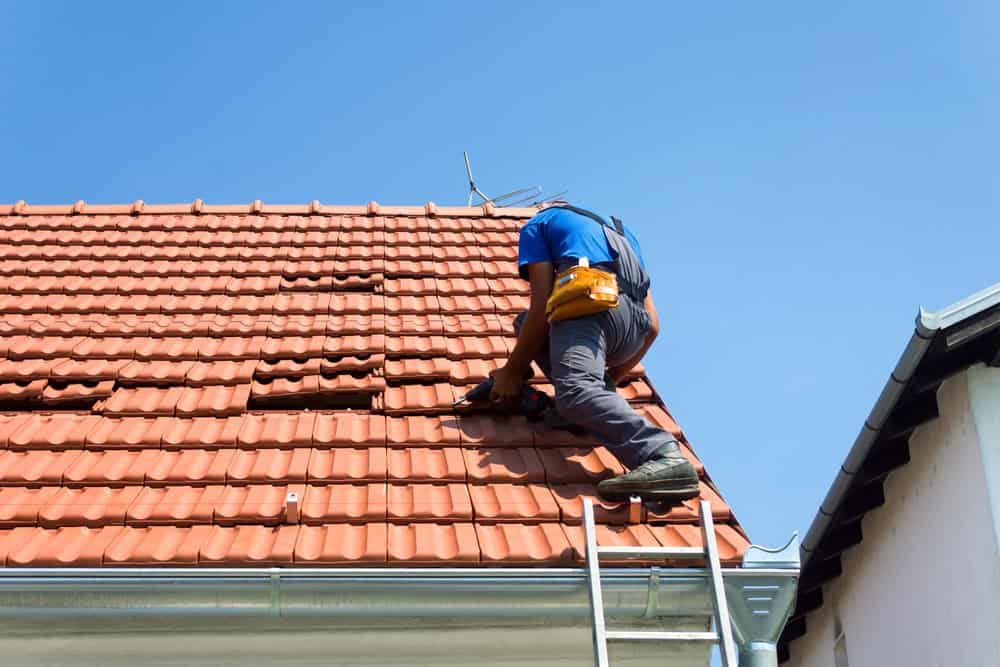Summary:
Are You Licensed and Insured in Connecticut?
This isn’t just a nice-to-have question—it’s your first line of defense. Connecticut requires all roofing contractors to be registered as Home Improvement Contractors through the Department of Consumer Protection. You can verify this yourself using the state’s eLicense system.
But don’t stop at licensing. Your roofer should carry both general liability insurance and workers’ compensation coverage. Ask to see current certificates, not just verbal assurances. A legitimate contractor will have no problem providing this documentation immediately.
If they hesitate, make excuses, or say they’ll “get back to you” on this basic requirement, that’s your cue to move on to the next contractor.
What Happens If They're Not Properly Licensed?
Working with an unlicensed contractor puts you at serious risk. First, you have zero recourse if something goes wrong. Connecticut’s Home Improvement Guaranty Fund can reimburse you up to $25,000 if a registered contractor fails to complete work properly—but only if they’re actually registered.
Second, your homeowner’s insurance might not cover damage caused by unlicensed work. That means if an unlicensed roofer causes water damage to your home, you could be stuck with the entire repair bill.
Third, unlicensed contractors often cut corners on materials and safety protocols. They’re not accountable to any regulatory body, so there’s nothing stopping them from using subpar materials or dangerous installation methods.
Connecticut’s strict building codes exist for a reason. The state updated its roofing requirements in 2022, mandating specific underlayment coverage that exceeds most manufacturer guidelines. An unlicensed contractor likely doesn’t know—or care—about these requirements, potentially leaving your roof vulnerable to future problems.
How to Verify Insurance Coverage Properly
Don’t just take their word for it when a contractor says they’re insured. Ask for a Certificate of Insurance directly from their insurance company, not a photocopy they provide. Then call the insurance company yourself to confirm the policy is active and covers the dates of your project.
Workers’ compensation is particularly important. If an uninsured worker gets injured on your property, you could be held liable for their medical expenses and lost wages. That’s a risk no homeowner should take, especially for something as dangerous as roofing work.
General liability insurance should cover property damage caused during the work. Ask specifically about the coverage limits—you want enough coverage to rebuild your entire home if something catastrophic happens.
Some contractors try to get around insurance requirements by claiming their workers are “independent contractors” rather than employees. This is often a red flag. Legitimate roofing companies properly classify their workers and carry appropriate insurance for their entire team.
Can You Provide Local References and Show Me Your Work?
Any established roofing contractor should have a portfolio of recent work in your area. Don’t just ask for references—ask to see actual completed projects, preferably within the last year.
A reputable contractor will be proud to show you examples of their craftsmanship. They might even offer to drive you by a recent job site so you can see the quality firsthand. This also gives you a chance to see how well they clean up after themselves, which tells you a lot about their professionalism.
When you contact references, ask specific questions about the contractor’s communication, timeliness, cleanliness, and whether the final result matched what was promised. Most importantly, ask if they would hire this contractor again.
Red Flags When Checking References
Be wary if a contractor can’t provide local references or only offers references from years ago. Legitimate contractors complete multiple projects each year and should have recent, satisfied customers willing to speak with you.
Watch out for contractors who only provide references from out of state or refuse to let you contact previous customers directly. This often indicates they’re “storm chasers”—contractors who follow severe weather events, do quick work, and disappear before problems surface.
Another red flag is when all the references sound suspiciously similar or overly rehearsed. Genuine customer feedback includes both positives and minor concerns—it’s rarely uniformly glowing without any constructive details.
If a contractor pressures you to make a decision before you’ve had time to check references, that’s a major warning sign. Professional contractors understand that hiring a roofer is a significant investment and will give you adequate time to do your due diligence.
What to Look for During Reference Checks
When speaking with references, focus on the details that matter most to you. Ask about communication frequency—did the contractor keep them informed about progress, delays, and any unexpected issues? Good contractors provide regular updates without you having to chase them down.
Ask about the cleanup process. Roofing creates a lot of debris, and professional contractors should leave your property cleaner than they found it. Nails, shingle pieces, and other materials should be completely removed, not just swept into your landscaping.
Inquire about timeline accuracy. While weather can cause delays, professional contractors provide realistic timelines and communicate any changes promptly. If multiple references mention significant delays without weather-related explanations, that’s concerning.
Finally, ask if any issues arose after completion and how the contractor handled them. Even the best contractors occasionally need to address minor issues, but their response to callbacks tells you everything about their commitment to customer satisfaction.
What's Included in Your Written Estimate and Contract?
Connecticut homeowners have learned the hard way that choosing the right roofing contractor makes all the difference. These seven questions aren’t just suggestions—they’re your protection against the scams, hidden fees, and subpar work that have plagued too many families in our area.
A contractor who can’t answer these questions clearly and confidently isn’t the right fit for your project. The professionals who can will appreciate your thoroughness because they know it leads to better outcomes for everyone involved.
When you’re ready to move forward with your roofing project, we at Sullivan Contracting bring over 20 years of experience to New London County homeowners who refuse to settle for anything less than excellence.





